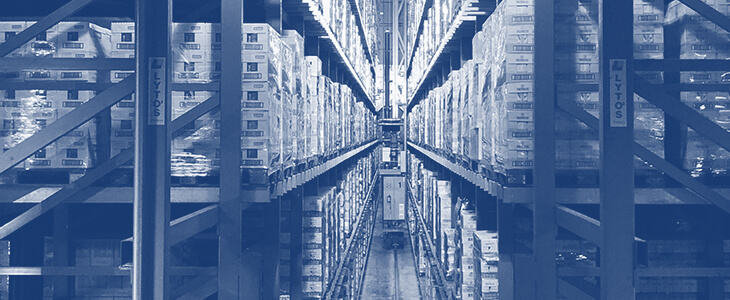
Frustracja przedsiębiorcy – chaos w biznesie i wielość zadań

Oferujemy profesjonalne doradztwo strategiczne, które transformuje wyzwania w możliwości. Nasze usługi koncentrują się na odkrywaniu i eliminowaniu przeszkód hamujących Twój rozwój, abyś mógł skutecznie realizować swoje cele biznesowe.
Współpracując z nami, przestaniesz obracać się w miejscu i zaczniesz osiągać konkretne, mierzalne sukcesy. Pomożemy Ci zidentyfikować i przezwyciężyć bariery, które ograniczają Twój biznes, otwierając drogę do innowacji i wzrostu. Osiągniesz nie tylko krótkoterminowe cele, ale także zbudujesz trwałą przewagę konkurencyjną.

W CENTRE doświadczeni eksperci łączą swoje siły, aby przekazać swoją wiedzę i umiejętności przedsiębiorcom takim jak Ty przyspieszając tym samym bezpieczny wzrost Twojej firmy. Łącząc nasze doświadczenie z praktyką twojego zespołu i odpowiednio modelując proces rozwoju sprawiamy, że zaczniesz działać w sposób bardziej przewidywalny, pewny i bezpieczny.
Skupiamy się na doskonaleniu firm poprzez wyznaczenie kluczowych, strategicznych kierunków rozwoju. Następnie przeprowadzimy Cię przez kluczowe etapy wdrożenia wyznaczonych planów.
Zobacz, w których obszarach Cię wesprzemy.
Eksperci w Centre
Pracujemy tylko w modelu executive collaboration, czyli wdrażając zmiany poznajemy Twoją firmę i aktywujemy jej zespoły do współpracy. Z CENTRE wybierasz ekspertów, strategów i praktyków biznesu, komunikacji, technologii oraz finansów, którzy koncentrują się na udoskonaleniu tego co kluczowe dla Twojej firmy.


MANAGEMENT CONSULTANT
CONNECTING PEOPLE & TECHNOLOGY, INNOVATION, INVESTORS. AI, CRYPTO, H₂.
Wspólnik CENTRE

EKSPERTKA STRATEGICZNA w obszarach:
e-commerce, relacji z klientem, lojalności klientów

DORADCA STRATEGICZNY,
EKSPERT ZARZADZANIA FINANSAMI ORAZ STRATEGIĄ PRZEDSIĘBIORSTWA





Artykuły






















































Kontakt









